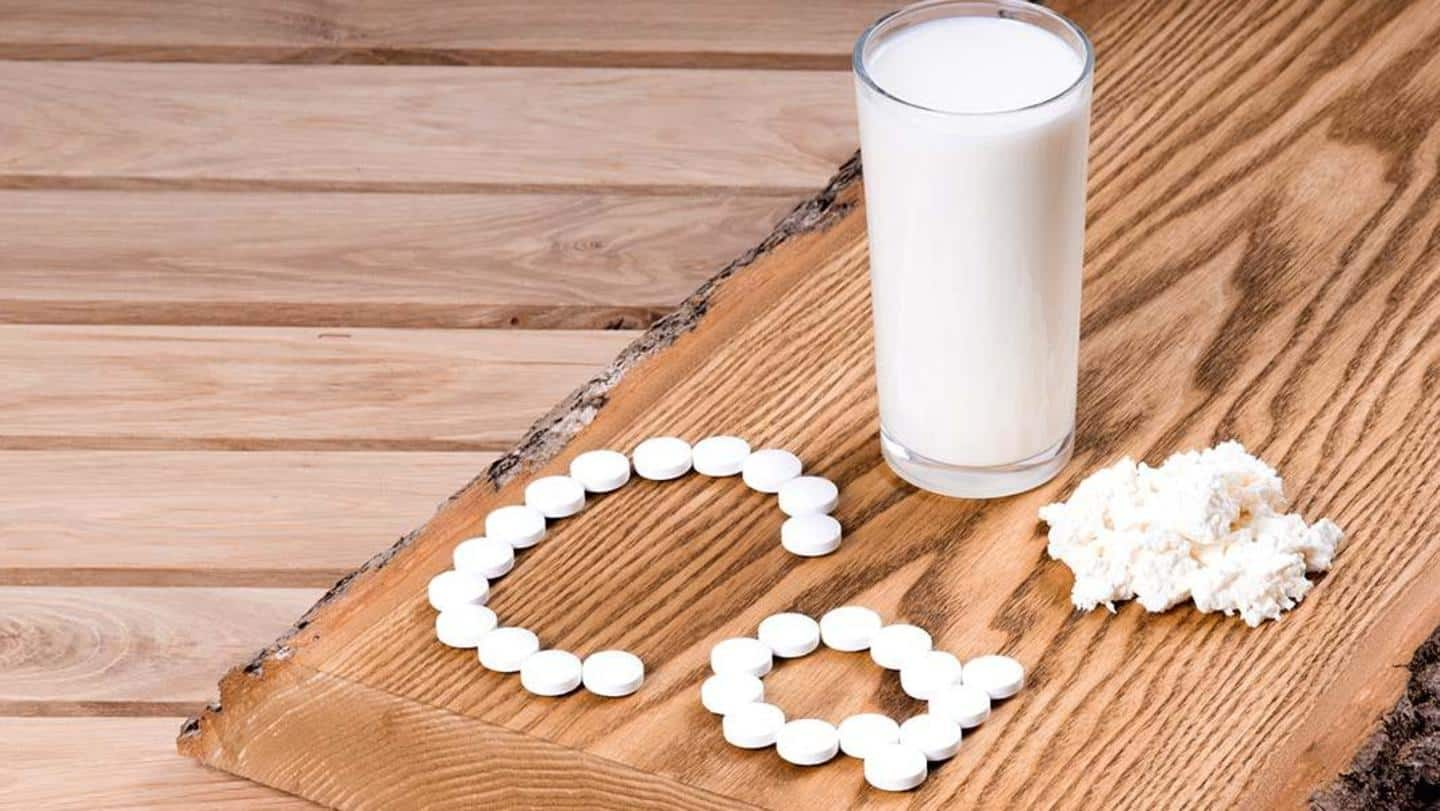
#HealthBytes: Suffering from calcium deficiency? These food items can help
What's the story
The mineral calcium plays an important role in several functions of the body.
It helps in building and maintaining stronger bones, muscle functioning, nerve conduction, heart health, and much more. This is why calcium deficiency can cause many health problems.
Every person needs their age-based intake of this mineral, which can be fulfilled by the following food items that are great sources of calcium.
Dairy products
Dairy products are the best source for calcium
Dairy products are the go-to food items for calcium. These include the different types of milk, yogurt, cheese, etc.
To ensure a good intake of the mineral, include these in your diet creatively.
For example, add cheese to apple slices and bake for a warm snack.
You can also drink milk-based smoothies after a workout, or cook dishes that use milk, cheese, or yogurt.
Veggies
Broccoli and some leafy greens are the non-dairy calcium options
Dairy is often seen as the only source of calcium, but it is not.
There are many green vegetables that contain a good amount of calcium.
While 1/2 cup of cooked broccoli has at least 20 milligrams of calcium, one cup of steamed kale can provide nearly 100 milligrams of calcium.
Other green sources of this mineral include collard greens, rhubarb, arugula, watercress, etc.
Seeds
Seeds like chia, sesame, celery have high calcium content
Seeds, in general, are filled with nutrients. Luckily, some of them are also high in calcium.
For instance, one tablespoon of poppy seeds contains 126 milligrams of calcium. Other seeds that have high calcium content are sesame, celery, and chia seeds.
Additionally, these seeds are rich in protein, healthy fats, and some essential minerals like copper, iron, and manganese.
Fortified products
Some breakfast cereals can provide 1,000 milligrams per serving
Fortified foods usually contain high levels of calcium and vitamin D.
These include fruit juices, flour, cornmeal, cereals, and many more. In fact, some breakfast cereals can deliver up to 1,000 milligrams per serving.
Further, when products like bread, tortillas, crackers, and baked goods are made up of fortified flour and cornmeal, they can also serve as calcium-rich food items.